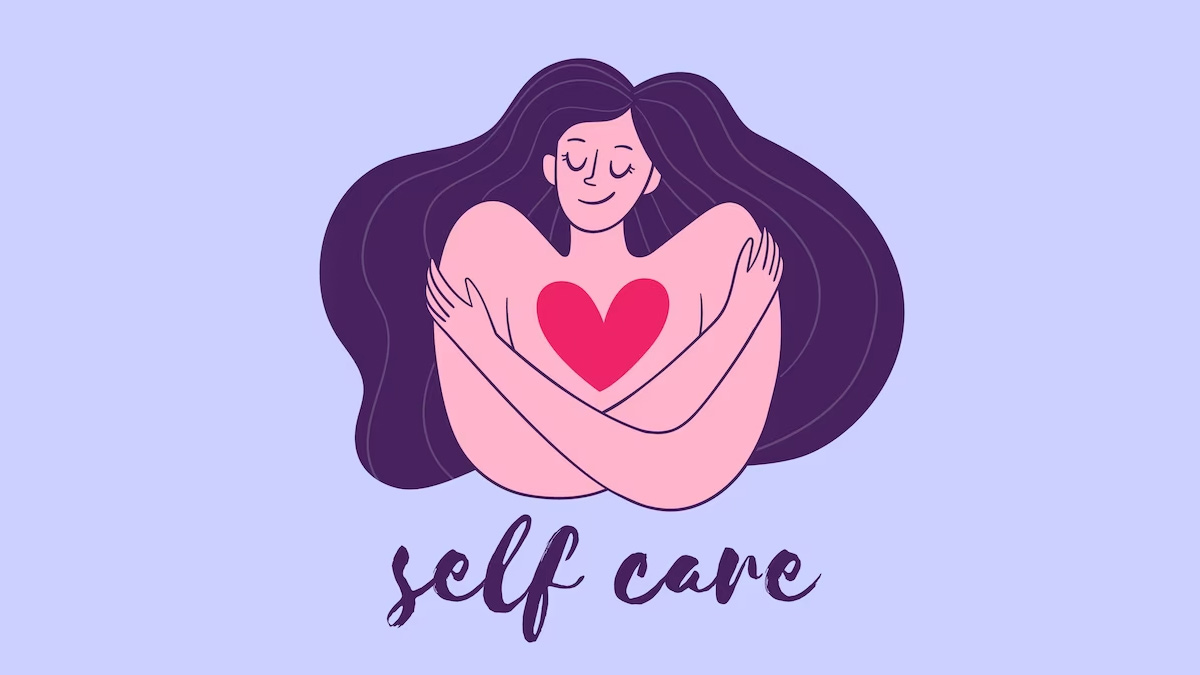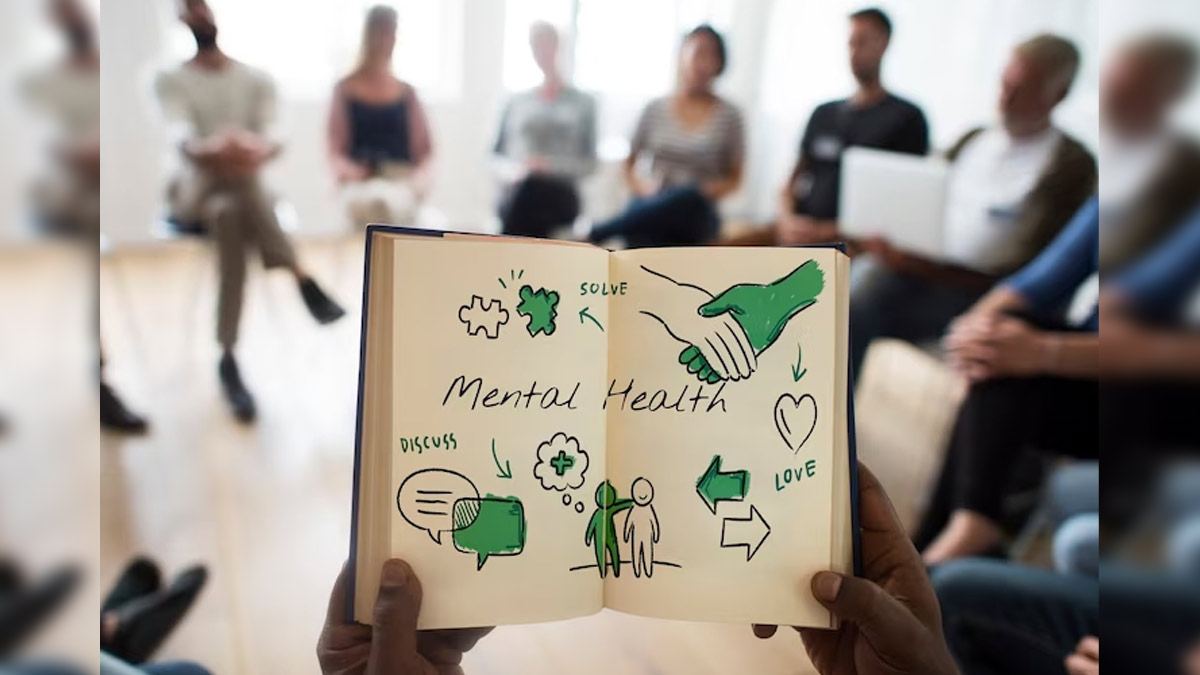
In a connected world where we are never more than a click away from social media, work calls, family responsibilities, and never-ending group chats, silence and solitude are becoming a luxury few can afford. But just as our body requires sleep to heal and recharge, our mind requires its own kind of rest. And that's where social fasting comes in. Social fasting refers to intentionally giving up social engagement for a brief period each week.
Table of Content:-
CHECK YOUR
MENTAL HEALTH

So we reached out to our expert, Dr Jitha G, Specialist, Department of Psychiatry and Behavioural Medicine, KIMSHEALTH, Trivandrum, and he recommended that even two hours can have a significant impact in lifting your mood, refreshing mental sharpness, and enhancing emotional fortitude. Here is everything he shared with us.
What is Social Fasting?
Social fasting refers to the intentional act of stepping back from talking, social events, and online connectivity. It doesn't involve hiding away or staying away from people altogether. Rather, it's the act of booking short, deliberate moments of solitude where you get to reboot, think, and breathe in peace away from the outside noise.

Dr Jitha said, “Think of it like intermittent fasting for your mind, just with people and conversations rather than food.”
Why 2 Hours is the Magic Number
Recent studies in mental health demonstrate that only two hours of conscious solitude can:
- Decrease overstimulation: Endless conversation and alerts keep your nervous system in hyper-alert mode.
- Increase self-awareness: Silence helps your thoughts ground, allowing you to know your actual needs and feelings.
- Boost creativity: Most breakthrough thoughts happen in silence, not in noisy rooms.
- Improve emotional resilience: Alone time serves to manage emotions and develop patience for subsequent social dealings.
“Two hours don't seem like much, but long enough to recharge your mental battery without precipitating loneliness,” she added.
Signs You Need Social Fasting
According to Dr Jitha, you may need a weekly social detox if you find:
- Feeling depleted after even minimal social contact.
- Irritable with no apparent reason.
- Ongoing compulsion to glance at your phone or messages.
- Trouble concentrating or deciding.
- An urge for silence that you're constantly suppressing.
If these sound familiar, your brain is craving space.
Also Read: 6 Unexpected Physical Symptoms of Financial Stress and How to Heal

How to Practice Social Fasting
“You don't need to retreat to a mountain lodge. A simple, aware routine is best,” explained Dr Jitha. Here's how she highlighted the effective way to do it:
- Plan it: Schedule 2 hours in your week just as you would a meeting or exercise.
- Disconnect digitally: Put your phone on aeroplane mode or turn it off.
- Select quiet activities: Journaling, walking, meditation, painting, or sitting with tea.
- Set boundaries: Inform family or friends that you're not available during this time.
This practice makes sure that your alone time is not by accident, but by design.
Ripple Effect on Mental Health
By providing yourself with two hours of no social contact each week, the rewards go far beyond those two hours. You will find:
- Improved sleep habits.
- Greater patience with others.
- Greater productivity on the job.
- A more peaceful baseline mood.
- Alone time isn't selfish; it's maintenance for your mind.
Bottomline
In this age of hyper-connectivity, social fasting isn't about shutting others out, but reuniting with yourself. A mere two hours of quiet time a week can lower stress levels, clear your thinking, and recharge your emotional energy reserves. Consider it your bi-weekly mental health boost, because sometimes, the best companion you can have is yourself.
Also watch this video
FAQ
Q1. Is social fasting the same as being antisocial?
No, social fasting is intentional solitude, not people's rejection. It's a mental health exercise, not a personality.Q2. Can I practice social fasting even if I live with family?
Yes. You can just take a walk by yourself, have time in your room without being bothered, or wake up earlier for some quiet time.Q3. What if I feel guilty about taking time away from others?
Remember, recharging yourself makes you more present and patient in relationships. It's not selfish, it's essential.
How we keep this article up to date:
We work with experts and keep a close eye on the latest in health and wellness. Whenever there is a new research or helpful information, we update our articles with accurate and useful advice.
Current Version
Oct 03, 2025 13:26 IST
Published By : Tanya Srivastava
